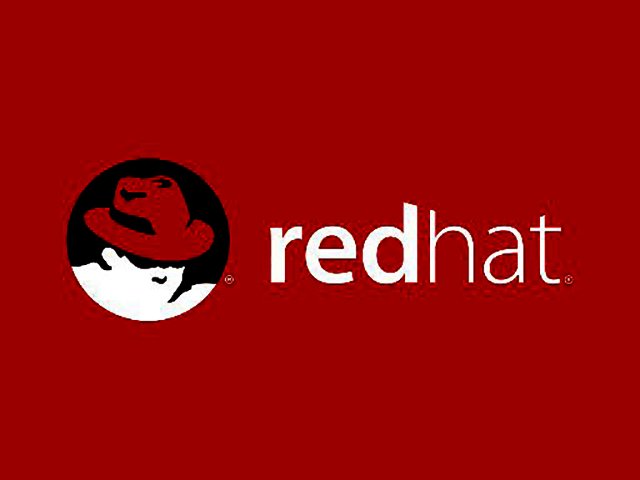It is not only countries that are scoring big on the sports field at the moment. Occasionally, tech companies do so to. And that is certainly the case for software company Red Hat, which added a slew of industry accolades to its name.
The first of these is being named to Forbes’ Most Innovative Companies List, ranking in 24th place. While it could be asserted that innovation used to be a buzz word, it has quickly become a differentiating factor for businesses that want to stand out from the pack, and thus, being recognised as being innovative is certainly a feather in any company’s cap at the moment.
It’s not the first time that the company has received the nod from the Forbes list, previously making the cut in 2012, 2014, 2015, 2016 and 2017.
Open source is where it’s at
According to the software company, it has prided itself as being an innovative company, both in the technologies that it creates and in its approach to business. It further noted that “open source is a driving force behind much of the technology innovation we see today and Red Hat uses the power of open to help drive change, from operating systems and virtualization to cloud computing and containers.”
The Most Innovative Companies ranking is based on a company's "innovation premium," which Forbes describes as the difference between market capitalisation and the net present value of cash flows from existing businesses (based on a proprietary algorithm from Credit Suisse’s HOLT investment management platform). Perhaps more importantly than measuring how innovative a company currently is, the ranking also indicates investors’ confidence that the companies listed have the potential to innovate in the future as well.
Work well
Additionally, the software company was also given a thumbs up from the Great Place to Work Institute, which ranked it as a top employer in Germany and Switzerland. Red Hat was further voted one of the best employers in the ITC sector and in the federal state of Bavaria.
Great Place to Work honours companies that are particularly building a trusting and supportive culture of collaboration in their organisation. The assessment is carried out using the institute's two instruments: the trust index survey of employees and a culture audit with the management of the companies.
For the trust index, employees were asked about central workplace issues. The survey consisted of 58 core statements which assessed employees' experience of the workplace covering 120 key areas including strategy and direction, the organization's values, opportunities for career development, recognition and reward, corporate social responsibility and wellbeing. In the culture audit, the management was questioned about leadership and HR policies and practices that creates an organization's culture.
Lastly, Red Hat’s president and CEO, Jim Whitehurst, was recently named as one of the World’s Best CEOs by Barron’s. The yearly list highlights the world’s 30 best CEOs based on revenue, profit, stock-price trends and then its editorial team evaluates how much their actions led to their company’s success. The raft of accolades come at another fortuitous time for the company, with its 25th anniversary fast approaching.
Red Hat’s good fortune though, demonstrates that the phrase “when it rains it pours” doesn’t exclusively apply to things going wrong, but also, to a cascade of successes as well.





